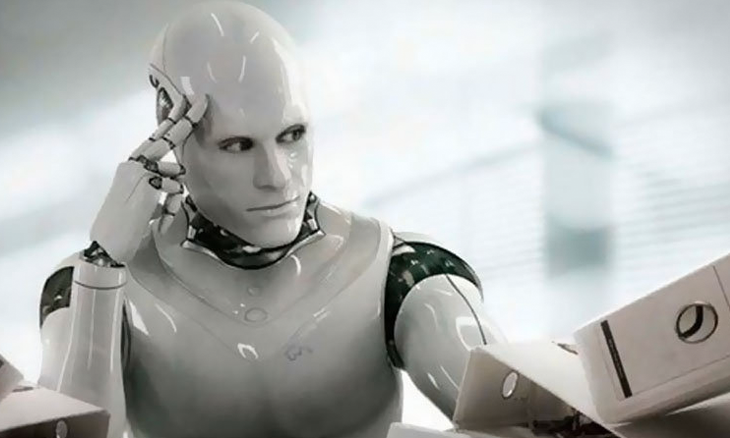 Study shows that 73% of job applicants believe they have been discriminated against
Study shows that 73% of job applicants believe they have been discriminated againstOur brains are wired to streamline these tasks so that we can focus on more complex challenges – such as robots taking our jobs. Exploring the top five jobs robots cannot do offers a glimpse at the skills and qualities required to thrive as our world continues to embrace technology.
Streamlining is the same process behind the transfer of workload from human to robot. In our context, the term ‘robot’ refers to a machine with a custom-built computer operating system that can learn tasks currently performed by humans, but how does it learn? Perhaps a better question is: what jobs are beyond the reach of the robot – and why?
Worrying about an army of robots taking over our jobs is not only pointless but also inaccurate. Focussing on a machine’s faultless efficiency versus our need for coffee at 10 o’clock in the morning will not yield the information we need; instead, we must establish why robots are suited for particular tasks.
To do this, we need to learn about the fundamental building blocks behind how we perform our jobs. This knowledge is the key to helping us adapt to the changes that are on the way; for example, if you are an Uber driver, you will be paying close attention to the advancing progression of driverless cars.
What makes us who we are?
We can divide our professional productivity into four main task areas: manual repetitive (predictable), cognitive repetitive (predictable), manual non-repetitive (non-predictable) and cognitive non-repetitive (non-predictable). Most repetitive (predictable) tasks can – and will – be automated by a robot.
If we add the need for subjectivity, reasoning and empathy, for example, everything changes. Jobs that embrace the fundamental difference between person and machine as their main purpose cannot be taken over by a robot. These jobs share the same common core requirement: humanity.
Primary school teacher
Human qualities including empathy and reasoning are needed to provide emotionally fulfilling learning to developing, curious minds. Nothing can replace the need for a human to help a young child learn how to behave and think.
Politician
While it is tempting to think that robots might be a better option, the reality is a stark reminder of our complex collective nature. Our need for equality and justice ensures there will always be human politicians, as our needs demand the complexity of human thought to do the job.
Professional sport
The joy of watching professional athletes compete is knowing the incredible discipline and dedication behind their prowess – not to mention the electrifying uncertainty of the outcome and our need to beat the odds. Watching pre-programmed robots run the 100-metre sprint does not offer the same nail-biting excitement.
Mental health professionals
As with a primary school teacher helping young children to navigate the emotional complexity of development, mental health professionals specialise in understanding human behaviour and thought. They are also experts in providing sensitive solutions borne from a sequence of circumstances personal to a specific individual. Not even the most sophisticated robot can compete with this level of humanity.
Join Over 40,000 Recruiters. Get our latest articles weekly, all FREE – SEND ME ARTICLES
Recruiters love this COMPLETE set of Accredited Recruitment & HR Training – View Training Brochure








